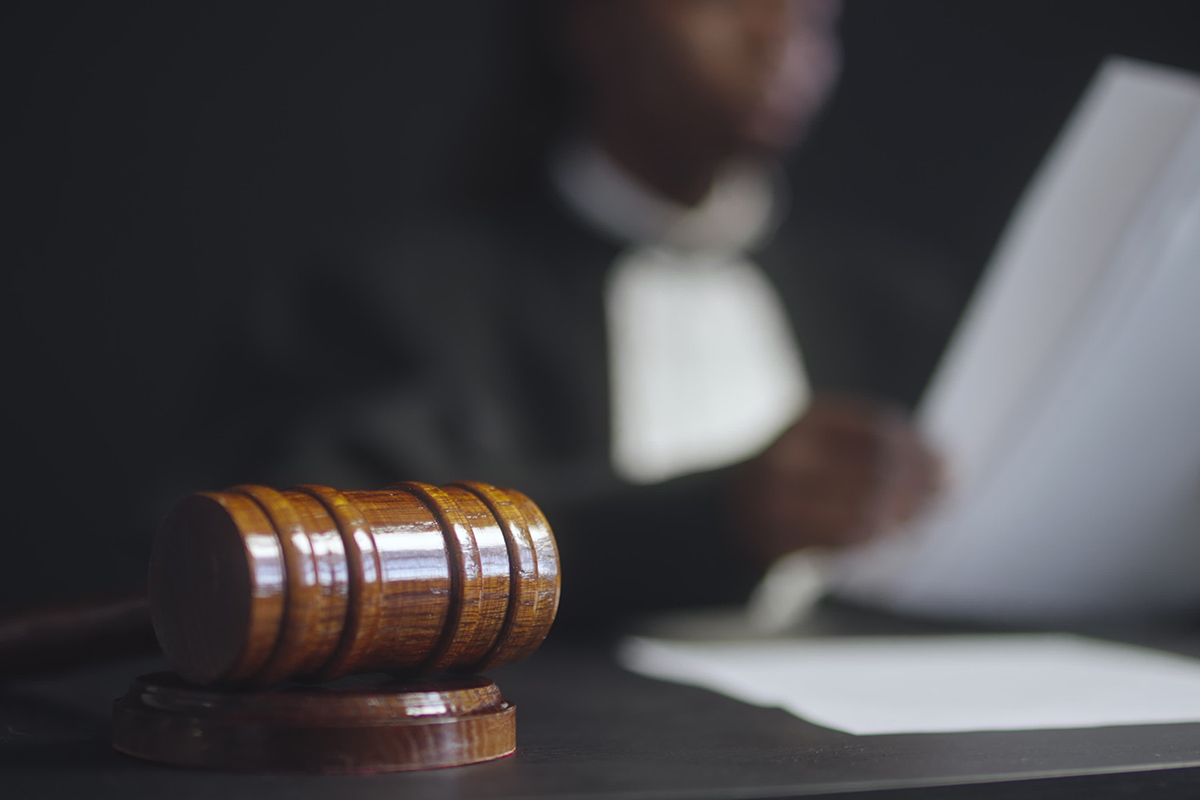We Grew up with Climate Anxiety. Now, We’re Turning It into Legal Action: Youth & Climate Litigation
November 24by Sahdev
“We are not waiting to inherit the Earth, we are defending it now!”
Around the globe, a soft revolution is un-wrapping, this time not in the streets but in courts. Young people are filing lawsuits against their governments for failing to protect the planet. From the islands of Pacific to the plains of Europe, from the basins of Africa to plateaus of Asia, youth are turning the language of international law into a tool of survival. This movement of youth climate litigation, marks an inspiring phase of law, activism, and generational justice in our time.
Up until recently, climate change felt like an issue reserved only for policy-makers and scientists. But as wildfires, floods, and heatwaves began to shape our day-to-day lives, youth worldwide came to the realisation that the law, which for long has been seen as slow and exclusive, could be re-purposed as a tool for accountability.
In 2020, a group of six young people from Portugal made global headlines when the European Court of Human Rights agreed to hear their case against 33 governments, arguing that climate inaction violated their right to life and family under the European Convention on Human Rights. Also in India, a nine-year-old girl, Ridhima Pandey, has filed a legal case against the central government for failing to take action on climate change, highlighting the growing concern over pollution and environmental degradation in the country; one of many such petitions now echoing through the courts of the Global South. These cases are not isolated, they represent a growing youth-led push for legal recognition that climate change is a human rights issue. For a first, courts are being asked to define not only what governments can do, but what they must do to secure the future.
The climate movement led by youth is best linked with street protests; millions of students walking out of classrooms under banners like Fridays for Future or School Strike for Climate. But as frustration grew over un-hurried policy responses, many young activists turned towards another battlefield i.e. the courtroom. Litigation is technical, yet the youth see it as a means of translating moral resolve into legal language. Every lawsuit filed is also a strong message that inter-generational equity is not a slogan but a principle rooted in international law. Instruments such as the Paris Agreement(2015) and the United Nations Convention on the Rights of the Child(CRC) recognise the duty of states to safeguard future generations. And such youth-led legal action gives teeth to these promises.
In 2024, the International Court of Justice (ICJ) took an unprecedented step in agreeing to issue an advisory opinion on the obligations of states regarding climate change. This was a direct result of young activists from Vanuatu and other Pacific nations coming together and raising their voice. This moment signified something astonishing: that young people even from small island states could move the world’s highest court to define climate responsibility. The fight for climate justice is just not theoretical. It is about survival, lively-hoods, and the right to a future. Young people across the planet are united by a belief that silence is complicity. From Kenya to Norway, from Brazil to the Philippines, young citizens are proving that age does not limit agency. With the help of lawyers, NGOs, and digital platforms, they are learning to navigate the legal system, once a fortress of privilege, and turn it into an agora for justice. These movements are also re-writing what youth participation means. Many times, young people are invited to climate conferences only as speakers, not as decision-makers. Climate litigation flips this dynamic- youth become claimants, not guests. They are no longer appealing for inclusion but they are asserting their rights.
The story of youth and climate litigation is not about blame, it is about stability and balance. It is about a generation that refuses to be passive recipients of an un-balanced planet. The law, long professed as rigid and out-of-the-way, is being re-imagined as a living breathing tool for justice one that speaks for those not yet born.
Our generation has inherited a warming world, but also a powerful tool, our voice, amplified through law. Whether in classrooms, courtrooms, or community campaigns the message is clear ‘the future is not an issue of tomorrow but a case for today’.
Sahdev is a 2nd Year Law Student at Jamia Millia Islamia in Delhi, India, with a deep interest in history, reading, poetry and diplomacy. He is passionate about learning how law and international relations shape societies. His ambition is to pursue a career in diplomacy or international law.




